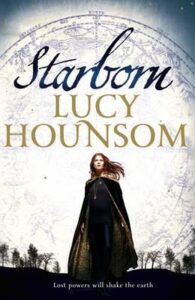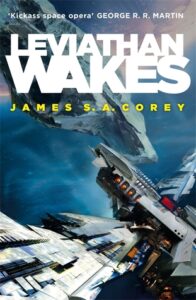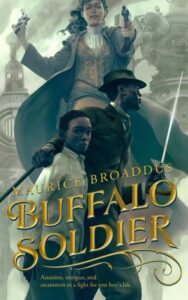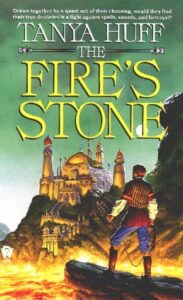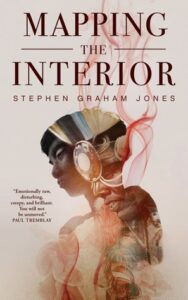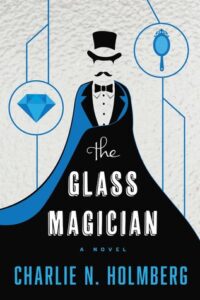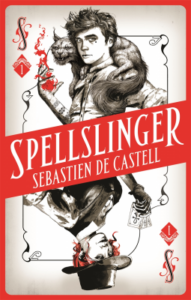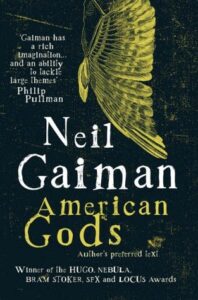 American Gods, Neil Gaiman
American Gods, Neil Gaiman
I know that there’s probably a ton of “problematic” themes/scenes/descriptions in this book; without paying much attention to the specifics, I’ve still gained the impression that Gaiman isn’t exactly beloved of the social justice crowd, for various reasons. And I can definitely understand the criticisms of some of his actions, statements, aspects of his writing… but American Gods is still a really satisfying, solid read, and I enjoyed it. I found some of the mythology a little too obvious this time round — “Low Key Lyesmith”, really? The hints were just way too obvious for someone with a solid knowledge of Norse mythology.
Still, the other mythologies that are glimpsed are less well-known to me, and I love the way they’re all woven together to make a rich story that’s like a tour of the US and of its people’s history. I’ve no doubt there are gods that should have been included and aren’t, and that other gods have more prominence than they probably should (well, Odin for one). But honestly, I wasn’t thinking that while I was reading. I was just enjoying it.
It’s true that Shadow, the main character, is a bit of a cypher — intentionally. It’s hard to like someone who seems to go through life so numbly. But really, I’m here for the game Gaiman’s playing with the mythology, so it works for me all the same.
Some of the stuff that really doesn’t work for me, though, would include the way the female characters are treated: so much sex and lying, and “bitchiness” (for lack of a better word)… I don’t know, it just doesn’t feel quite right.
It’s a fun read, though not perfect. I think that has to be my conclusion.
Rating: 4/5
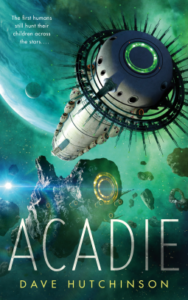 Acadie, Dave Hutchinson
Acadie, Dave Hutchinson
